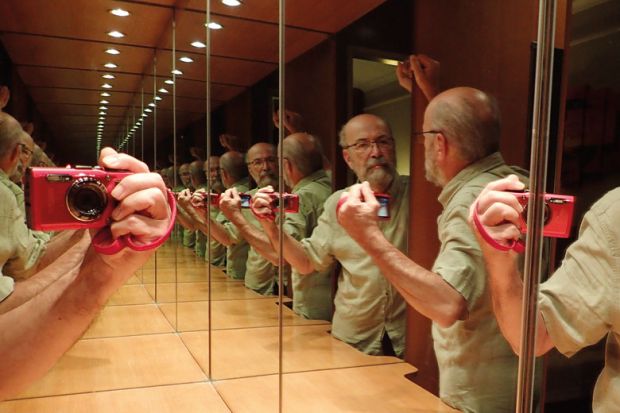Some journal editors are publishing the majority of their papers in their own title, according to a study that raises questions about periodicals’ selection processes.
In an analysis of more than 1,000 journals, published in Nature Human Behaviour, researchers examined the publication patterns of 20,000 editors and 1,600 editors-in-chief and found that, while most editors hardly ever self-publish, 12 per cent of editors publish at least a fifth of their own academic articles in the journal that they edit.
Among editors-in-chief, the trend was even more visible; 19 per cent self-published at least 20 per cent of their papers, while 11 per cent published at least one-third of their papers in their own titles.
Of the most extreme examples, one editor published 72 per cent of their career output with their own journal while serving as an editor, while two others published 65 per cent and 62 per cent of their work while actively editing. A further 15 editors, often editors-in-chiefs, self-published at similar levels.
Overall, male editors were slightly more likely to have high rates of self-publication, especially soon after becoming an editor, according to the study by data scientists in Abu Dhabi, Finland, Norway and Japan, which also found that just 14 per cent of editors and 8 per cent of editors-in-chief in the five years after 2014 were women.
Calling for a “fairer, more transparent and more inclusive culture of scientific editorship”, it also flags how some journals have high numbers of articles on which at least one author is an active editor, with 35 per cent of papers at one title featuring an editor as a co-author.
“Naturally, these findings raise the question: how much self-publication should be considered too much?” ask the authors in the study.
Two authors of the study, Bedoor AlShebli and Talal Rahwan from New York University’s Abu Dhabi campus, acknowledged that the regulations that governed self-publication were “a complicated matter”.
“One could argue that self-publication is perfectly acceptable when the editor works in a niche area with no alternative journals to publish in, or when the editor is an established scientist who wants to promote a young journal,” they told Times Higher Education.
“On the other hand, one could argue that an external observer cannot rule out the possibility that the editors’ submissions were handled favourably.”
The study flags a number of cases in which editors have been suspended over questionable practices such as self-citation or asking authors to include multiple citations to their own work. Further debate on “whether self-publications should be governed with more transparency” is needed, it recommends.
POSTSCRIPT:
Print headline: Journal editors’ ‘selfies’ queried
Register to continue
Why register?
- Registration is free and only takes a moment
- Once registered, you can read 3 articles a month
- Sign up for our newsletter
Subscribe
Or subscribe for unlimited access to:
- Unlimited access to news, views, insights & reviews
- Digital editions
- Digital access to THE’s university and college rankings analysis
Already registered or a current subscriber? Login








